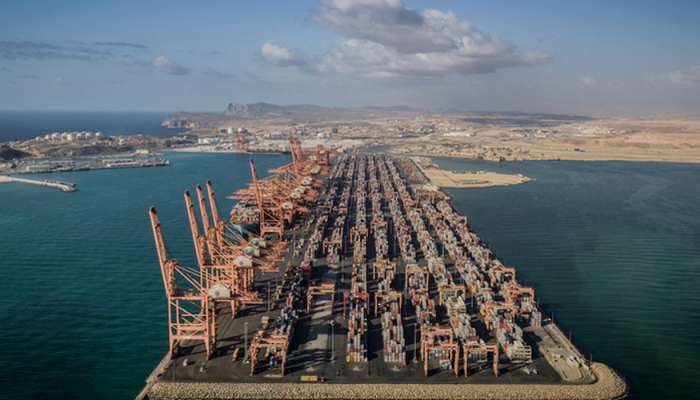Oman’s public revenue has seen a significant decline of 15 percent, falling to OMR3.74 billion at the end of April 2024 compared to OMR4.39 billion in the same period in 2023. This drop can be attributed to decreases in both hydrocarbon and non-hydrocarbon revenues. The net oil revenue for April 2024 was OMR2.23 billion, down by 3 percent from the previous year. The average realized oil price was $82 per barrel, with an average oil production of 1.09 million barrels per day. Net gas revenue also decreased by 38 percent to OMR565 million, due to expenses deducted from revenue collected from the Integrated Gas Company.
Current revenue for Oman stood at OMR938 million at the end of April 2024, a decline of OMR234 million compared to the same period in 2023. Public spending for April 2024 was OMR3.59 billion, reflecting a decrease of OMR275 million or 7 percent from the previous year. Current expenditure reached OMR2.67 billion, slightly higher than the amount registered in 2023. Development expenditure for ministries and government units amounted to OMR304 million, representing 34 percent of the total development spending allocated for 2024. Contributions and other expenses increased by 68 percent to OMR615 million compared to the previous year.
In terms of subsidies, the social protection system, oil products, and electricity sector received amounts of OMR186 million, OMR96 million, and OMR83 million respectively by the end of April 2024. Additionally, OMR133 million was transferred to future debt obligations. The Ministry of Finance issued a Fiscal Performance Bulletin providing detailed insights into the state of Oman’s public revenue and spending. The bulletin highlighted the decreasing revenue trends, particularly in the oil and gas sectors, and the impact on overall revenue generation for the country.
Despite the decline in revenue, Oman is continuing to allocate resources towards development expenditure to support ministries and government units. The government is also providing subsidies to key sectors such as social protection, oil products, and electricity. These subsidies, along with contributions and other expenses, have seen an increase compared to the previous year. The bulletin emphasized the need for careful budget management and monitoring of spending to ensure the country’s financial stability and sustainability.
As Oman navigates through the economic challenges posed by the decline in public revenue, the government remains committed to maintaining essential subsidies and support for key sectors. The bulletin serves as a comprehensive overview of the financial performance of the country, shedding light on areas of positive growth as well as those requiring attention. By analyzing the trends in revenue and expenditure, policymakers can make informed decisions to promote fiscal stability and enhance the overall economic outlook for Oman.
In conclusion, the Fiscal Performance Bulletin issued by the Ministry of Finance provides valuable insights into Oman’s public revenue and spending patterns. Despite a decline in revenue, the government is actively managing its budget to support key sectors and development initiatives. By closely monitoring expenditure and revenue trends, Oman can strive towards sustainable financial management and ensure steady economic growth in the future.











